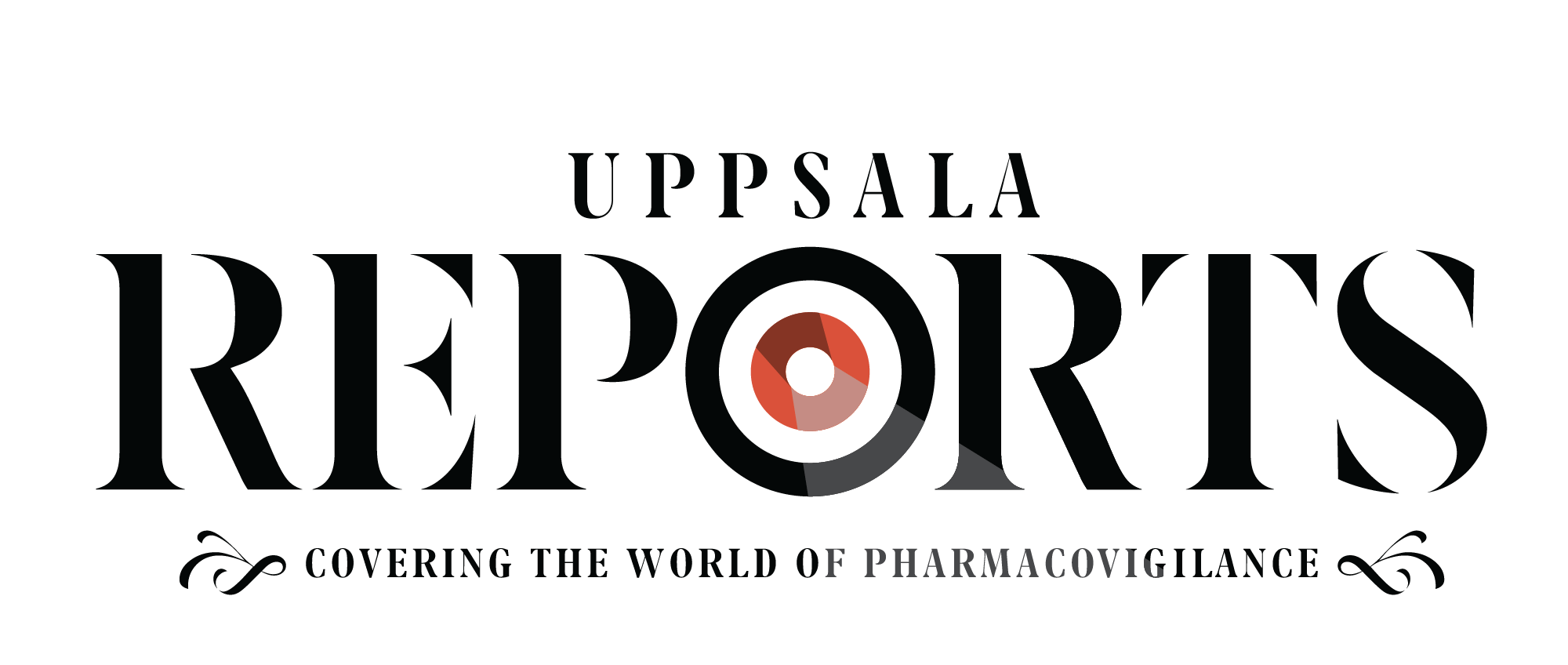
UMC–NMBU collaboration researches causation in pharmacovigilance
UMC has initiated a research collaboration with NMBU CAPS. Funded by UMC and hosted by NMBU, the project will investigate causation, evidence and complexity in medicines safety.







